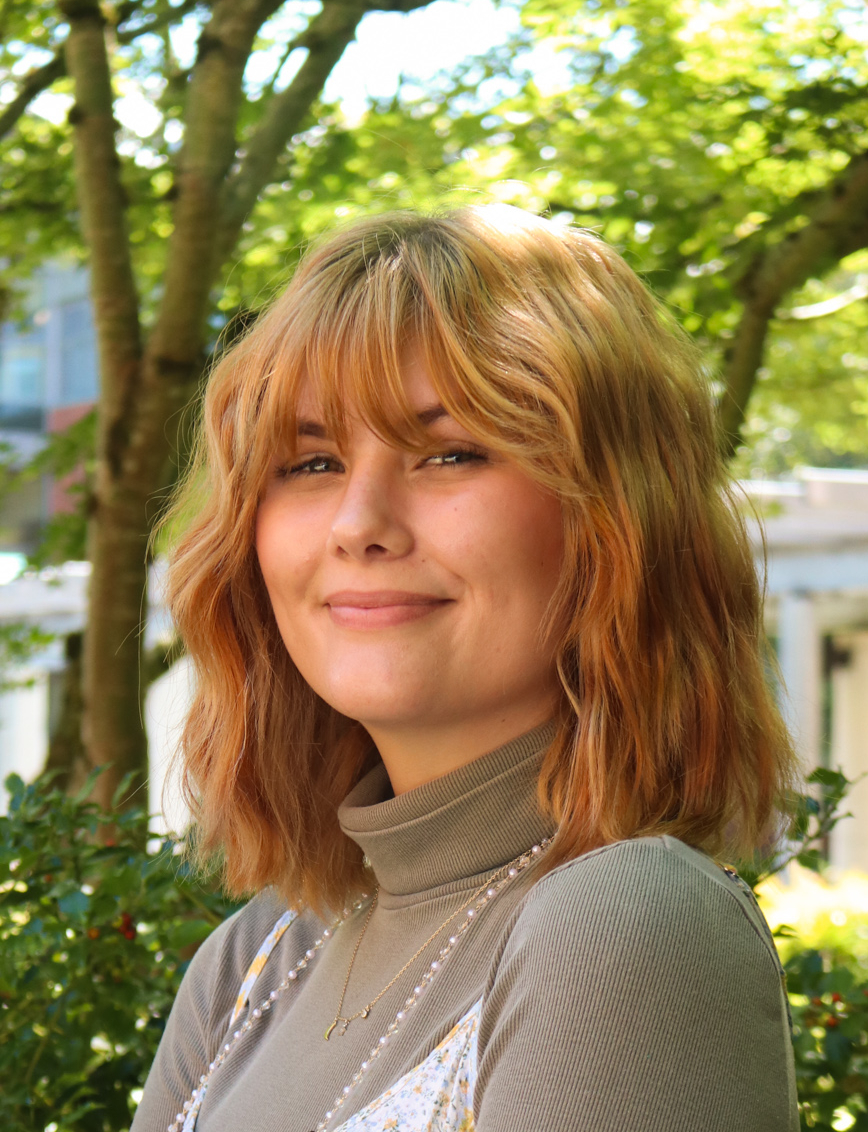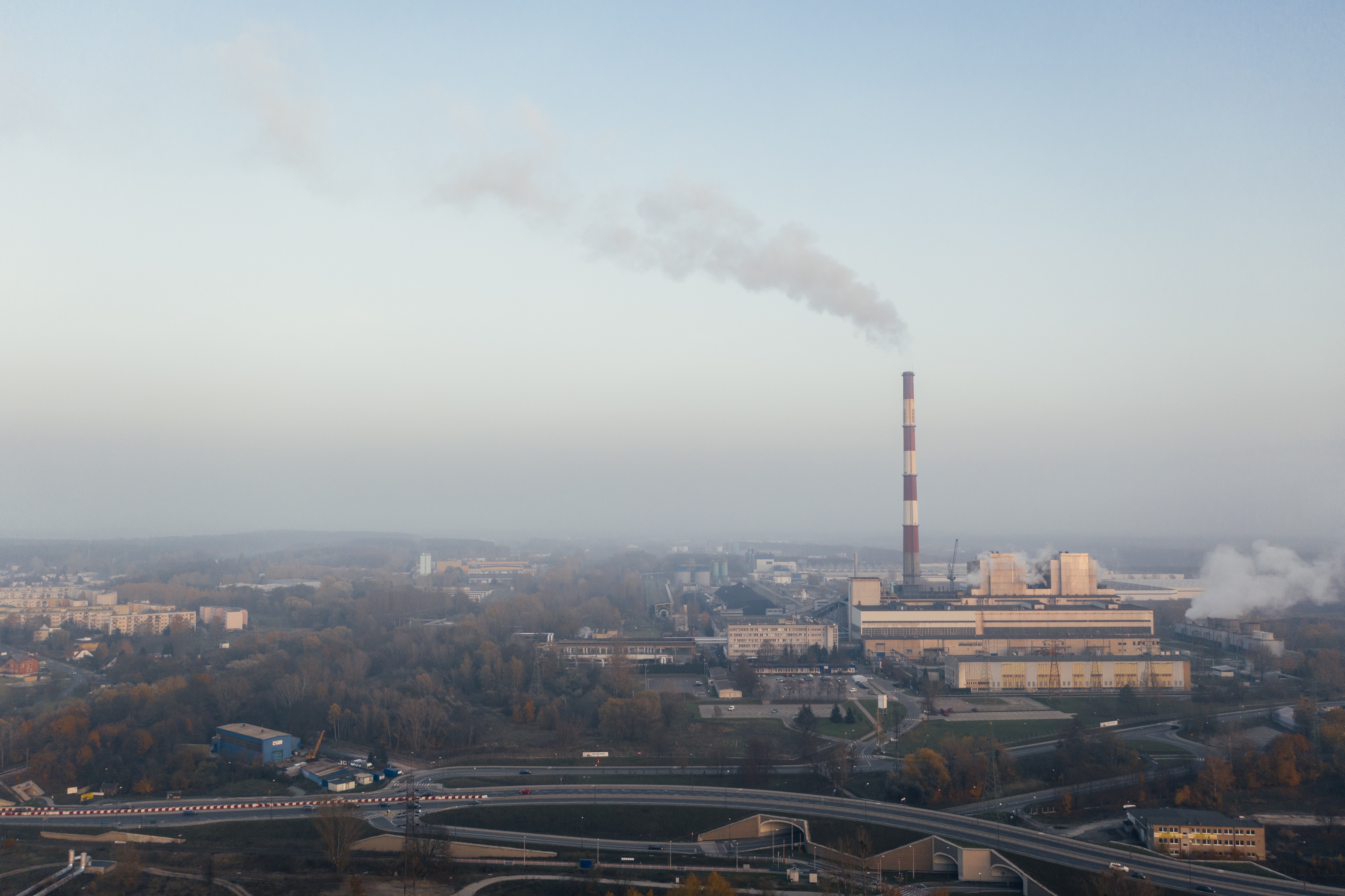When The VanCougar last spoke to The Associated Students of Washington State University’s Environmental Sustainability Alliance, the organization had an ambitious goal: WSU’s complete divestment from the fossil fuel industry in 2022. Eight months later, the group is continuing to press the university and is taking new steps to ensure their goals are met.
“Divestment in sum, strikes at the root of the climate crisis. We need effective, hard hitting action if we want to keep the temperature below a 1.5 degrees celsius increase by 2030 and the divestment campaign offers that.” – Bill Engels
The ESA, a student organization on the Pullman campus, has created a subcommittee called Fossil Free WSU that is dedicated to pushing the administration to withdraw its financial holdings in the fossil fuel industry. The goal is to re-invest those funds into sustainable forms of energy, such as solar and wind power.
This divestment campaign was originally brought to the attention of the subcommittee by retired English literature professor, Bill Engels. Engels is a long time advocate for divestment and aided in the country-wide university led divestment movement in the ‘80s during the apartheid in South Africa. Knowing the efficacy of divestment campaigns, Engels determined it was a swift and effective way to fight against climate change.
“A couple of years ago I watched a TEDTalk by Ella Lagé titled ‘What one person can do about climate change,’ her arguments on the effectiveness of divestment action, especially that it worked in the case of apartheid, led me to seek divestment at WSU,” Engels said. “I thought, well, I brought about change by asking my university in the ‘80s to stop supporting an irresponsible government, why don’t I work to bring about change by asking WSU to stop supporting fossil fuel companies?”
The president of the ESA, Stevie Fawcett, a junior microbiology major, kicked off the campaign by garnering support from the student body. Beginning with an email sent out to students asking if they would support a divestment campaign, Fossil Free WSU received a positive response with over 70% of students saying they would like to see WSU divest. Their overwhelming support pushed them to create an official petition.
“Now we’ve got a student petition going to show numbers.We’re trying to share that petition and make sure people know it exists, make sure people know that they can support this just by signing up online. I believe that it has roughly 650 signatures and we’re hoping to get to 1000 this year,” Fawcett said.
The petition for students is just the beginning, Fawcett said. Alongside attending Board of Regents meetings and speaking with regent members who are close to WSU president Kirk Schulz, Fossil Free WSU is also collecting support from faculty members.
“ Maybe in the next three years, there’s got to be a little bit of time to be able to gather the money for it. With falling enrollment, I imagine the university is not going to be very willing to make these big new investments and big new projects while we’re having to make all these other cutbacks.” – Jacob Boucher
“We are planning to present to the faculty senate about our new petition that is strictly for faculty. We had that idea a while ago but we weren’t sure if people would be supportive, but when we released the student petition we had faculty members emailing us saying ‘Where can I sign up?’” Fawcett said.
One of Fossil Free WSU’s goals asks the university to remove all investments from the “Carbon Underground 200,” a list of the largest 200 oil and gas companies that the university may have money invested in. This is a vital step in mitigating the effects of climate change, according to Engels.

“Divestment in sum, strikes at the root of the climate crisis. We need effective, hard hitting action if we want to keep the temperature below a 1.5 degrees celsius increase by 2030 and the divestment campaign offers that,” Engels said.
With an issue as pressing as climate change driving universities to withdraw their investments in industries that promote further warming effects, the slow-moving inner workings of a bureaucracy present several challenges to obtaining tangible results.
“It takes a lot of persistence to get these people’s attention. Originally it kind of seemed like they were hearing us … and then they went back to their other business. It kind of felt like we were brushed off a little,” Fawcett said. “As we kept going I think they started to realize that this is not just like a weekly thing … now we have definitely captured the attention of President Schulz, along with the Board of Regents, they’ve acknowledged this.”
Having finally caught the attention of the university, the road to WSU’s fossil-free future may be in sight. However, there are funding and legislative issues that may slow down the process. ASWSUV president Jacob Boucher, foresees some obstacles that will hinder the university’s willingness to fully divest.
“I don’t think I’d see a path to completely divest by 2022, but I definitely see a path to completely divest. Maybe in the next three years, there’s got to be a little bit of time to be able to gather themoney for it. With falling enrollment, I imagine the university is not going to be very willing to make these big new investments and big new projects while we’re having to make all these other cutbacks,” Boucher said.
The alternative, however, is to receive funding from the state. With state funding to aid in divestment, Boucher believes many other corrective actions are possible. This includes changing WSU-owned vehicles to hybrid or electric models, promoting better public transit and putting more renewable energy sources on campuses. Boucher also noted that to accomplish such feats, the university will need a dedicated sustainable climate infrastructure team – a concern that President Schulz noted in his address to the faculty senate meeting earlier this year.
According to Fawcett, President Schulz announced WSU will be creating a sustainability task force, which should be operational in the fall of 2022. Schulz also said the university has been looking into Environmental Social and Governance investing, which claims to advance socially responsible investments.
As this campaign continues to unfold, Boucher stressed that advocacy work does not end with divestment. There are still many changes needing to happen to combat the effects of climate change at a state level and student voices are pivotal in pushing for those changes.
“Write to your congress people, not just your congress people, your state legislatures as well. People often forget to do that, you can look up who your state legislators are, write to them, tell them that you think it’s important that large institutions such as WSU divest from fossil fuels. We always have avenues for people to get involved in legislative advocacy within ASWSUV. We’d be happy to take you in and have you help us advocate,” Boucher said.

Bethanie is a senior studying environmental and ecosystem science at WSU Vancouver.
